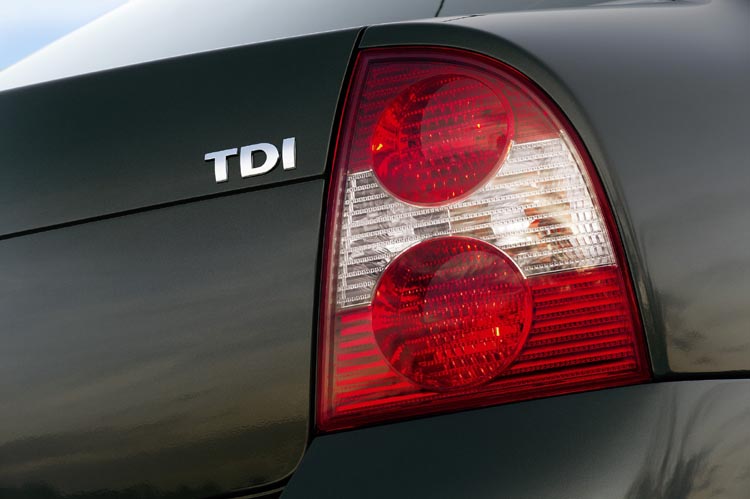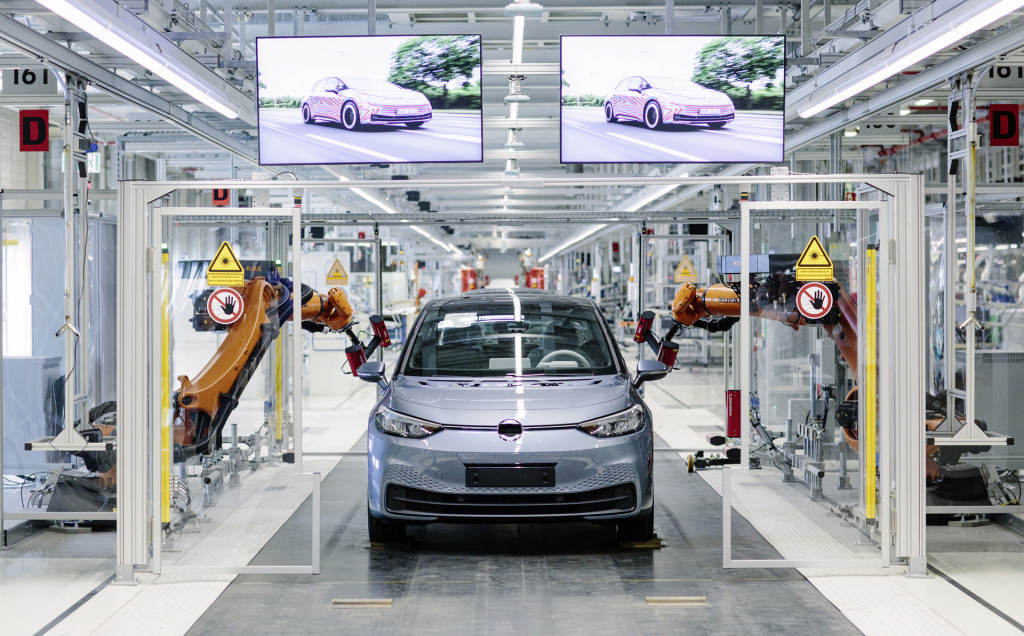Volkswagen AG has been fined a total of C$196.5 million ($150 million) for the environmental effects of dirty diesel vehicles that were part of the automaker’s diesel scandal.
That’s a very small amount of the U.S. penalty, which included $2.7 billion of compensation for environmental impact and $2.0 billion of funding over 10 years for infrastructure and access for zero-emission vehicles—on top of a fund to buy back or modify affected vehicles.
The new ruling, issued Wednesday, comes in response to charges made last month—more than four years after the primary details of the scandal broke. Within Canada, the amounts are in addition to a class-action settlement that provides up to C$2.4 billion ($1.8 billion) in compensation, benefits, and buyback options, plus a civil penalty of C$17.5 million ($13.4 million) for misleading advertising.
VW was found guilty in an Ontario court of 58 counts for violating the Canadian Environmental Protection Act, including the unlawful importation of nearly 128,000 vehicles that didn’t conform to emissions standards.

VW TDI badge
Volkswagen has admitted in Canada, as it had in the U.S., that it had used illegal “defeat device” software to essentially cheat U.S. emissions tests—even by later adding a tricky twist: a steering wheel sensor to determine when an emissions test was being run.
The fine, according to the prosecutor, Tom Lemon, is 26 times greater than the highest federal environmental fine ever imposed in the nation.
Volkswagen hasn’t been immune anywhere it seems to being slapped with huge penalties—not even in its home country Germany. In 2018, Germany fined the company $1.2 billion, and regulators fined Audi $928 million and Porsche $600 million.
The estimated cost of the entire diesel scandal has been estimated to be in the vicinity of $35 billion.

2020 Volkswagen ID 3 production at plant in Zwickau, Germany
The Canadian announcement comes as VW is preparing for the introduction of a new generation of global, mass-produced, all-electric vehicles—led this later this year by the ID 3 hatchback in Europe (with production ramping up now) and the crossover model tentatively termed the ID 4 for the U.S. and Canada. VW is expected to spend $50 billion on developing electric vehicles, autonomous-driving technology, and new mobility services by 2023.
